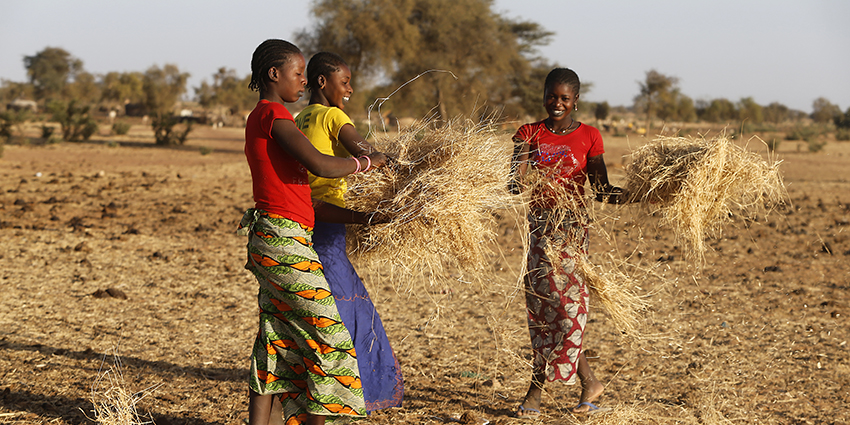
Miren Bengoa, Director, member of Financial, Risks and Impact Committee,
Grameen Crédit Agricole Foundation & International Action Director, SOS Group
Director of the Grameen Crédit Agricole Foundation since 2020, Miren Bengoa has been, since January 2021, the new International Action Director of the SOS Group. Since 2011, she was at the head of Fondation CHANEL, which supports projects improving the economic and social situation of women. She shares her view on the impact of the Covid-19 crisis on gender equality and the responses to address it.
— What is the impact of Covid-19 on the status of women?
MB: One of the immediate consequences of the Covid-19 crisis is the rise in inequalities between women and men. We have seen during this pandemic an increase in violence against women and girls and a decline in girls’ learning as dropout rates and child marriage increase. Tens of millions more women have fallen into extreme poverty as they lose their jobs at a faster rate than men. Moreover, they suffer from difficulties in accessing new technologies and lack of digital skills.
— In a few words, what is the panorama of gender inequality in the world today?
MB: Current projections indicate that gender equality will not be achieved for another 130 years. In 2020, women represented on average (on a global scale) 4.4% of business leaders, 16.9% of Board members, 25% of parliamentarians and 13% of peace negotiators. Only 22 countries are currently headed by a female head of State or government (UN Women, 2020). We need better representation of women that reflects the diversity and abilities of women and girls.
— How can female entrepreneurship be an answer to the crisis?
MB: Women entrepreneurs have been at the forefront and strongly affected by the decline in economic activity. They are nonetheless also the bearers of innovative solutions and should be supported as much as possible by funders and public authorities. Being strongly involved in responding to community needs, they have been able to adapt their activities to the constraints of the pandemic. This has not been easy: they have sometimes been the first to give up a income generating activity so as to give priority to their families.
— Promoting women empowerment is one of the missions of the Grameen Crédit Agricole Foundation. What should be the priorities to boost this aspiration?
MB: Since its creation, promoting women empowerment has been at the heart of the Foundation’s action: among the 7 million clients of microfinance institutions supported, 73% are women beneficiaries of microcredits to create or develop income-generating activities. Maintaining funding, flexibility in rollovers and frequent analysis of the needs of these institutions are and will be key to enable them to regain a capacity for action in favour of female entrepreneurship.